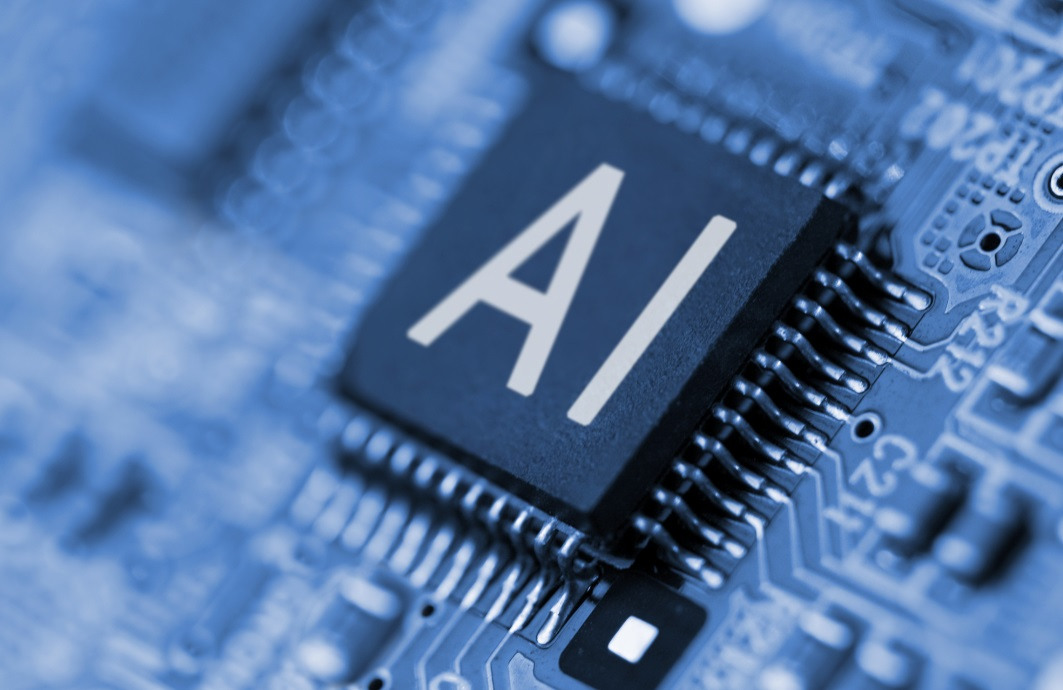Article
Hey Google, how’s my health today?
Posted on the 22nd March 2023

Google has made further strides into global healthcare.
The technology giant has revealed the latest version of its medical large language model, Med-PaLM, at its recent annual health event, The Check Up.
When faced with questions from a medical exam, the health-focused AI performed at the level of an ‘expert’ doctor with a score of 85 per cent.
Last year, an earlier version of Med-PaLM became the first AI system to successfully receive a passing score of 60 per cent on the multiple-choice style questions similar to the ones used in U.S. medical licensing exams.
The most recent version, Med-PaLM 2, has now outperformed all comparable AI models, showing an 18 per cent improvement from Med-PaLM’s prior performance.
Dr. Alan Karthikesalingam, a research lead at Google Health, said the company is also testing Med-PaLM’s answers against responses from real doctors and clinicians.
However, he added that, due to the sensitive nature of medical information, it could be a while before this technology is at the fingertips of the average consumer.
Healthtech investments have grown rapidly since the Covid-19 pandemic revealed an urgent need for the digitalization of healthcare, and hit a record high of $23bn in the first three quarters of 2022.
This expansion has been accompanied by calls for greater security to help encourage improved public adoption of the new systems.
In 2016, Google’s Deepmind subsidiary was at the center of controversy when it was revealed the AI company had broken UK privacy laws by accessing patient records that should not have been provided.
Meanwhile, Google is currently utilizing its AI expertise across a raft of other serious illnesses and conditions, including tuberculosis screening, cancer detection and treatment, and maternal care.
These include investigating how AI can help in the time-consuming process of planning for radiotherapy, which is a frequent cancer treatment, through its partnership with Mayo Clinic.
The business is also developing AI-driven tuberculosis screening technology. The business and its partners have made the decision to provide 100,000 no-cost AI-powered TB screenings to aid in the early diagnosis and management of the disease.
Additionally, Google has taken action to address mental health and partnered with ThroughLine, a New Zealand-based organisation that operates the world's largest verified network of crisis and mental health helplines.

